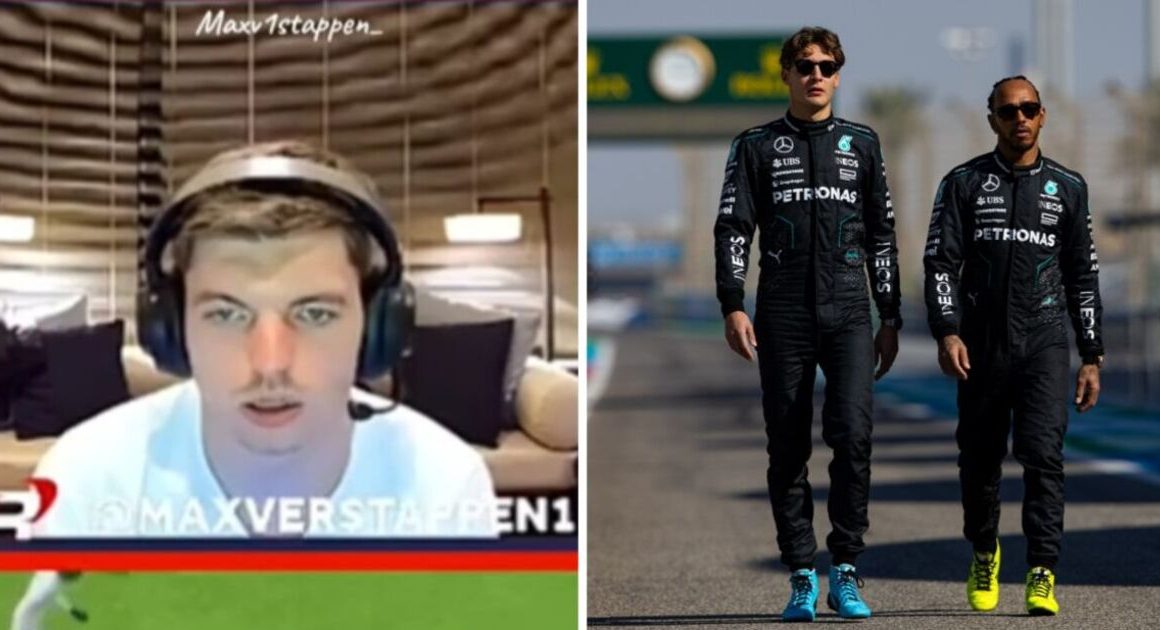This is an excerpt from The Buzzer, which is CBC Sports’ daily email newsletter. Stay up to speed on what’s happening in sports by subscribing here.
On April 8, 1969, the Montreal Expos took on the New York Mets at Shea Stadium in the first official Major League Baseball game by a team based in Canada.
Expos nostalgia remains strong across the country, despite (or maybe because of) the fact that it’s now been 20 years since the team moved to Washington. Every once in a while, overly optimistic fans will get excited about the prospect of an Expos revival, but the possibility seems to be getting more and more remote.
A few years ago, the Tampa Bay Rays pursued a quixotic plan to split their home games between Florida and Montreal before MLB, predictably, quashed the idea in 2022. Recently, commissioner Rob Manfred said he wants to add two expansion teams before stepping down in five years. But the Canadian city with the best chance to land one is reportedly Vancouver, not Montreal.
Barring an improbable series of events, it seems we’ll have to make do with our Expos memories. So here’s a look back at that inaugural game, which had a lot of neat storylines.
It ended in dramatic fashion.
Montreal led 11-6 with two out in the ninth that day at Shea before Don Shaw gave up an RBI single followed by a three-run homer by Duffy Dyer. Carroll Sembera came out of the bullpen and promptly gave up a single and a walk to put the tying run on second. But he settled down to strike out Rod Gaspar to end the game and give the Expos an 11-10 win in their first-ever game.
Montreal reliever Dan McGinn had a crazy day.
He was pretty bad on the mound, giving up three runs on three hits and two walks in 2 1/3 innings. But he also hit the first home run in Expos history — a fourth-inning solo shot in his only trip to the plate.
Adding to the improbability of a relief pitcher hitting the first homer in franchise history, it came against the great Tom Seaver. And it turned out to be the only homer of McGinn’s big-league career, which lasted five years.
McGinn is the answer to another trivia question.
He was the winning pitcher in the Expos’ first home game. That happened six days later, when Montreal beat St. Louis 8-7 at Jarry Park Stadium.
Speaking of Jarry Park…
Parc Jarry, en francais, was the Expos’ home from their inaugural season until they moved into Olympic Stadium for the 1977 season (following the ’76 Olympics). That was supposed to happen much earlier, but construction delays with the notoriously expensive Big Owe kept the Expos at their modest temporary home for longer than expected.
Jarry Park Stadium was originally a 3,000-seat venue that was upgraded to about 28,000 after Montreal landed an expansion franchise. But it was still the smallest stadium in baseball and it remained pretty bare bones. There was only one deck, and no seating in centre- or right-field. In fact, Jarry’s best-known quirk was out beyond the chain-link fence in right — a municipal swimming pool. It sat close enough that big power hitters like Pittsburgh’s Willie Stargell and San Francisco’s Willie McCovey smacked home runs into the water.
If you’re interested in more Jarry Park stories, I suggest this piece by Rory Costello on the SABR website. Here’s a CBC News story about the Expos’ first home game, and some neat archival footage from that day.
Seaver turned out alright.
The Mets right-hander was the National League rookie of the year in 1967 and an all-star his first two seasons. But he hadn’t quite made the leap to superstardom when he took the mound against Montreal for the ’69 opener.
You wouldn’t know it that day — he lasted only five innings and gave up four runs on six hits and three walks — but Seaver was on his way to a huge season. He wound up winning a major-league-high 25 games (with only seven losses) and posted a 2.21 ERA to win his first of three Cy Young Awards and finish second in NL MVP voting.
By the time his 20-year career ended with the doomed ’86 Red Sox, Seaver had racked up 311 wins, which ranks 18th all-time. He was such an obvious hall of famer that 98.84 per cent of voters named him on their ballots in 1992. At the time, that was the highest percentage ever.
The ’69 Mets went on to great things too.
Largely because no one expected much from them (a feeling confirmed by their sloppy start against the Expos) they became one of the most beloved baseball teams of all time.
For the first seven years of their existence, the Mets finished either ninth or 10th in the 10-team NL. But in ’69, they captivated fans by placing first with a 100-62 record and then rolling to a stunning World Series title while losing only one playoff game. The team became such a sensation that it has two nicknames: The Miracle Mets and the Amazin’ Mets.
The Expos would never reach those heights.
That ’69 team finished an expansion-typical 52-110, and Montreal missed the playoffs in each of its first 12 years — despite winning 95 and 90 games in 1979 and ’80.
The Expos finally broke through in the weird ’81 season, where a June-July players’ strike resulted in baseball’s decision to divide the season into halves. Montreal won the second-half NL East title to earn its first-ever post-season spot, then beat Philadelphia three games to two in the first round. The NL Championship Series against the Dodgers also went to a deciding fifth game that’s known in Montreal as Blue Monday — both for the day of the week it happened on, and the fact that Rick Monday hit the go-ahead homer for L.A. in the top of the ninth inning.
Even more sadly, that was the Expos’ last playoff appearance. The legendary 1994 team — featuring future Hall of Famers Larry Walker and Pedro Martinez and MVP-calibre outfielder Moises Alou — had the best record in baseball in mid-August when a players’ strike led to the cancellation of the rest of the regular season and the playoffs. Baseball in Montreal was never the same after that, and the Expos left after the 2004 season to become the Washington Nationals. In 2019, the franchise finally won its first World Series.











